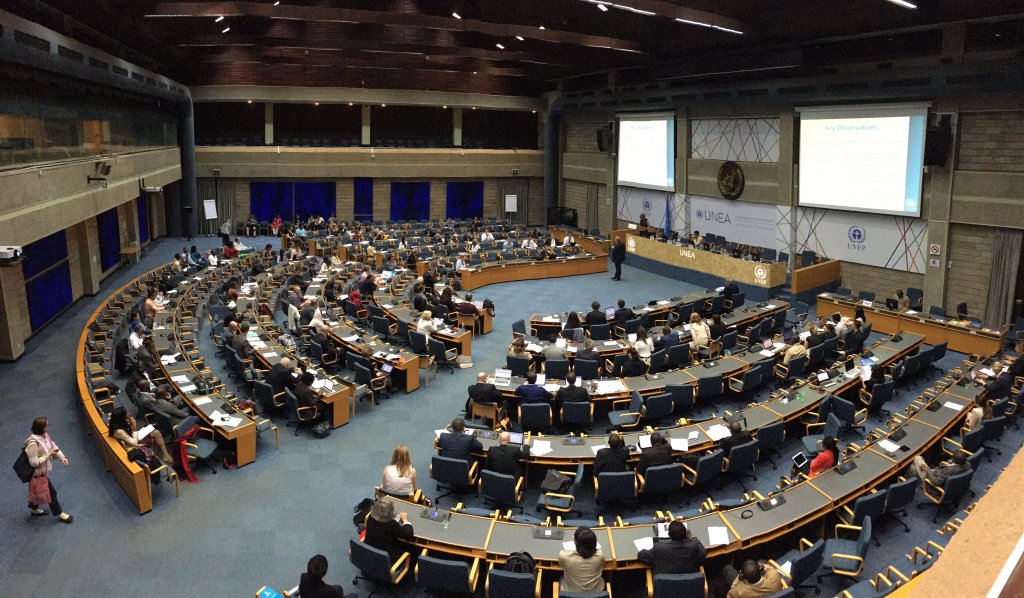
Held at the headquarters of the UN Environment Programme (UNEP) in Nairobi, from 23 to 27 May, United Nations Environment Assembly (UNEA-2) represented the global ideal platform to tackle some of the most critical issues facing our planet, from the air pollution that kills millions of people every year to an illegal trade in wildlife that is pushing species to the brink of extinction. Bringing together different stakeholders, from Governments to civil society organizations, research, science and the private sector, they all supported the decision making process at UNEA-2.
UNEP Executive Director Achim Steiner said "What we have seen in the last five days is the same political will and passion for change that brought about the groundbreaking international agreements of 2015. With global consensus affirmed, we are taking steps to bring about a real transformation of our development models. The United Nations Environment Assembly is providing leadership and guidance the world needs to take these unprecedented steps.
"In the decisions made here at this assembly for the environment, we see a significant directional shift that will inform Ministers' decisions in their home countries. We will now need to see the bold and decisive commitment observed at UNEA transmitted at the national level to drive forward the 2030 Agenda and ensure a brighter future for people and planet."
Thousands of delegates from 174 countries, 120 at the ministerial level, took part in UNEA-2 and associated side events on issues of global importance, including the Sustainable Innovation Expo and the Science-Policy Forum.
For more on the proceedings and resolutions of UNEA2, including interventions by representatives of World Farmers' Organizations (WFO) on the importance of farmers and producers, visit the WFO website.
